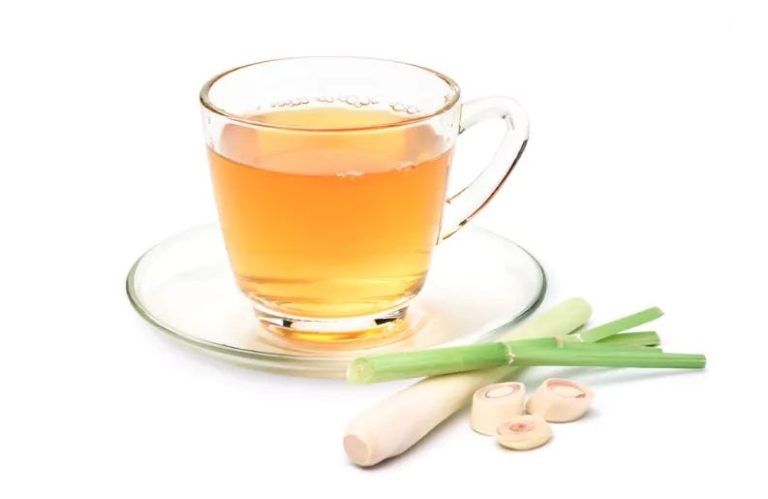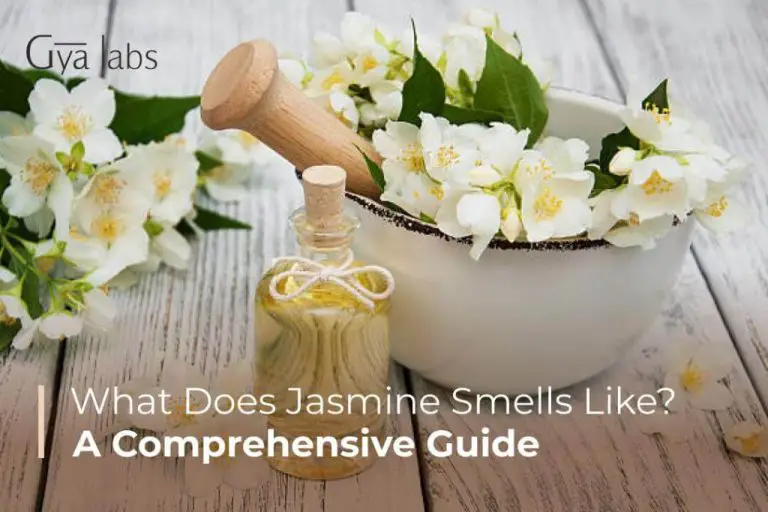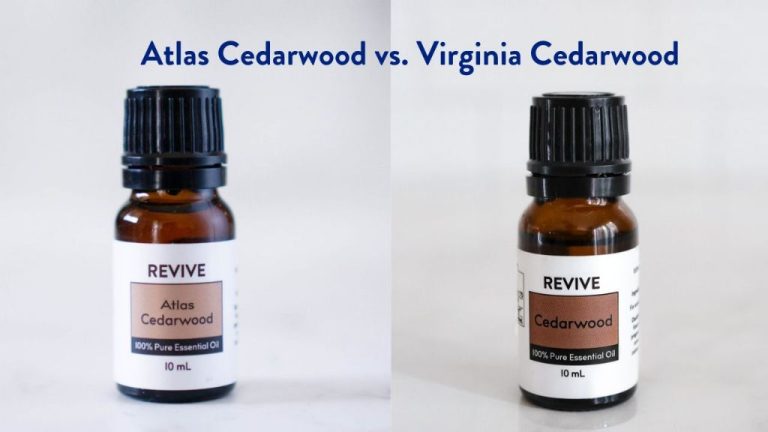Is Candle Fragrance Oil The Same As Essential Oil?
What are essential oils?
Essential oils are concentrated hydrophobic liquids containing volatile aroma compounds extracted from plants. They are also known as volatile or ethereal oils. The term “essential oil” was coined in the 16th century by Swiss physician Paracelsus, who named the effective component of a drug “Quinta essential” [1].
Essential oils are most commonly extracted via distillation, often by using steam. Other less common extraction methods include expression, solvent extraction, absolute oil extraction, resin tapping, wax embedding, and cold pressing. The method of extraction affects the composition and quality of the essential oil [2].
Once extracted, essential oils are commonly used in perfumes, cosmetics, soaps, and other products as fragrance and flavoring agents. When inhaled, essential oils can provide aromatherapy benefits and have medicinal properties. Essential oils are also frequently used as natural cleaning products and in skin care regimens [3].
What is fragrance or candle oil?
Fragrance oils, also known as candle oils, are man-made synthetic oils that are created to imitate natural scents like flowers, fruits, or herbs. They are artificially created in a laboratory by combining aromatic chemicals. Common fragrance oil scents include vanilla, sandalwood, lavender, citrus fruits, and many more [1].
The main uses of fragrance oils are in perfumes, cosmetics, soaps, candles, and aromatherapy. They allow manufacturers to add consistent, long-lasting fragrance to products at a low cost. Fragrance oils also let candle makers and soap makers create a wider variety of scents than just using pure essential oils [2].
Key differences
The key differences between essential oils and fragrance oils lie in their origins, purity, quality, and safety considerations.[1][2]
Essential oils are derived from natural plant sources using methods like steam distillation or cold pressing. They contain the true essence and aroma of the plant itself. Fragrance oils, on the other hand, are artificially created in a lab by combining chemical ingredients to replicate a scent.
Essential oils are highly concentrated and thought to retain many of the therapeutic benefits of the source plant. Fragrance oils do not offer the same level of purity or potency.
When it comes to safety, essential oils are generally safer than artificial fragrance oils. However, some essential oils can cause skin irritation or allergic reactions if used incorrectly. Fragrance oils contain unknown synthetic ingredients that may be toxic or harmful with repeated exposure. It’s important to always follow usage guidelines and test oils on a small patch of skin first.
In summary, essential oils derive naturally from plants while fragrance oils are synthetic reproductions. Essential oils provide true purity and benefits, but both types require responsible usage.
Uses in aromatherapy
Aromatherapy is the practice of using essential oils to improve mood, alleviate stress, boost energy levels, and promote overall wellbeing. When inhaled, essential oils trigger smell receptors in the nose that send messages to the brain, stimulating it to release hormones and chemicals that can influence our bodies and minds. According to a study by the National Institutes of Health, inhaling essential oils like lavender and rosemary have been shown to reduce anxiety, improve sleep quality, and elevate mood.
In aromatherapy, essential oils derived from plants are highly concentrated and retain the natural aromatic compounds of the source material. Fragrance oils lack these potent plant compounds. While fragrance oils have a pleasant scent, they offer none of the potential therapeutic benefits of essential oils when used in aromatherapy. For a truly immersive aromatherapy experience with measurable effects, it’s important to use 100% pure, high quality essential oils.
Sources:
https://lizush.com/blogs/lizush-blog/the-difference-between-fragrance-oils-and-essential-oils
Uses in skin care
Essential oils can provide many benefits for skin care when used properly. Some of the main benefits include:
Reducing acne and breakouts – Teatree, lavender, and geranium essential oils have antimicrobial and anti-inflammatory properties that can help treat acne. They work by inhibiting bacteria growth and reducing skin inflammation that leads to breakouts (Source).
Moisturizing dry skin – Oils like jojoba, almond, and coconut contain fatty acids that can hydrate and moisturize dry skin. Adding a few drops to your moisturizer can boost its effects (Source).

Anti-aging effects – Frankincense, lavender, and neroli essential oils contain antioxidants that can help protect skin from sun damage and free radicals. This helps reduce signs of aging like fine lines and wrinkles (Source).
Healing cuts and wounds – Oils like lavender, tea tree, and lemon have antiseptic qualities that make them useful for disinfecting and helping heal cuts, burns, scrapes and other wounds.
In contrast, fragrance oils do not offer the same benefits for skin. They are artificially created in labs and may contain synthetic ingredients. Fragrance oils also have not been studied for safety on skin in the same way as essential oils.
Using fragrance oils undiluted or in large amounts could potentially irritate and sensitize skin over time. It’s best to use fragrance oils in diffusers and limit skin application.
Uses in cleaning
Essential oils are valued for having antibacterial, antifungal, antiviral, and antimicrobial properties that make them useful ingredients in homemade cleaners. Oils like lemon, tea tree, thyme, eucalyptus, and orange have been shown to help sanitize surfaces and remove germs when used properly (source). Lemon oil in particular is known for its ability to cut grease and disinfect kitchens and bathrooms.
Thyme oil contains the powerful compound thymol, which gives thyme antibacterial and antifungal effects. Thyme oil is commonly added to natural cleaners for kitchens and bathrooms because of these antimicrobial properties (source).
In contrast, fragrance or candle oils are purely used for their pleasant scents. They do not contain any natural plant compounds with disinfecting abilities. Fragrance oils will make your homemade cleaners smell nice, but they do not have any cleaning power on their own.
Safety considerations
When it comes to safety, there are some important differences between essential oils and fragrance oils to consider.
Fragrance oils can contain synthetic ingredients that may be toxic or irritating, especially for sensitive individuals. According to research from the Fontana Candle Company, fragrance oils often contain phthalates, which are linked to health issues like asthma, neurodevelopmental issues, and cancer [1]. Proper dilution and avoiding overuse is recommended when using fragrance oils.
Essential oils can also cause irritation or allergic reactions if used incorrectly. While natural, they contain concentrated plant compounds and need to be diluted before use on skin. According to the American College of Healthcare Sciences, essential oils should be diluted to 1-2% for adult skin application, and less for children [2]. It’s also best to do a patch test before wider use.
Both fragrance oils and essential oils should be used with care. Seek out high quality, pure oils and follow usage guidelines to avoid potential toxicity or reactions.
Sourcing high quality oils
When it comes to essential oils, purity is extremely important. There are a few key things to look for when identifying pure, high quality essential oils:
Reputable Brands – Stick to well-known, trusted brands that specialize in essential oils. Some examples of high quality essential oil brands include Plant Therapy, Rocky Mountain Oils, and Doterra. These companies source their oils ethically and use proper extraction methods.
Purity Testing – Many reputable essential oil companies perform multiple tests to check the purity of their oils. This includes testing for adulterants, synthetics, and concentration levels. Look for oils that have been GC/MS tested.
Organic – Oils that are USDA certified organic have been grown without pesticides or other chemicals. Organic certification ensures both purity and ethical/sustainable farming practices. Brands like Plant Therapy offer USDA organic essential oils.
Proper Labeling – Pure essential oils will be properly labeled with the plant’s botanical name, extraction method, country of origin, and safety information. Avoid oils with vague labeling.
Reasonable Price – Extremely cheap essential oils are often a red flag for adulteration and lack of purity. However, very high prices don’t necessarily mean an oil is pure either. Look for reasonably priced oils from reputable companies.
Cost Differences
Essential oils are typically more expensive than fragrance oils. This is because essential oils are extracted from real plants through processes like steam distillation, cold pressing, and solvent extraction. These extraction methods require a lot of plant material to produce a small amount of oil. For example, it can take thousands of rose petals to produce one ounce of rose essential oil (https://www.candlescience.com/the-difference-between-essential-oils-and-fragrance-oils/). This makes essential oils much more labor-intensive and costly to produce.
Fragrance oils, on the other hand, are synthetic aromas that are created in a lab. The scents are designed to mimic essential oils and natural extracts. Because fragrance oils can be manufactured on a large scale without relying on natural plants, they are significantly cheaper to produce. A fragrance oil that imitates lavender may contain synthetic linalool and linalyl acetate to recreate the scent rather than extracting the compounds from real lavender plants (https://www.bmvfragrances.com/blogs/fragrance-oils-vs-essential-oils-which-is-best). This makes fragrance oils more affordable for applications like soap, candles, and beauty products.
When to Use Each One
The key deciding factor on whether to use an essential oil or fragrance oil often comes down to whether you need the therapeutic benefits of essential oils or if you just want a particular scent. Essential oils are the only choice when you need the natural compounds and aromatherapy effects.
According to The difference between essential oils and fragrance oils – CandleScience, essential oils should be used when:
- You want to leverage the therapeutic benefits of aromatherapy and certain essential oil compounds.
- Using essential oils topically where their plant compounds can interact with skin.
- You want an all-natural ingredient from the plant itself.
In contrast, fragrance oils are the choice when you just want to achieve a specific scent and the natural therapeutic qualities of essential oils are not needed. As noted by Fragrance Oils vs. Essential Oils – FragranceX, fragrance oils are preferred when:
- You just want to achieve a specific perfume or scent.
- You need a consistent and reliable scent recreation.
- Price is a main factor, as fragrance oils cost less.






